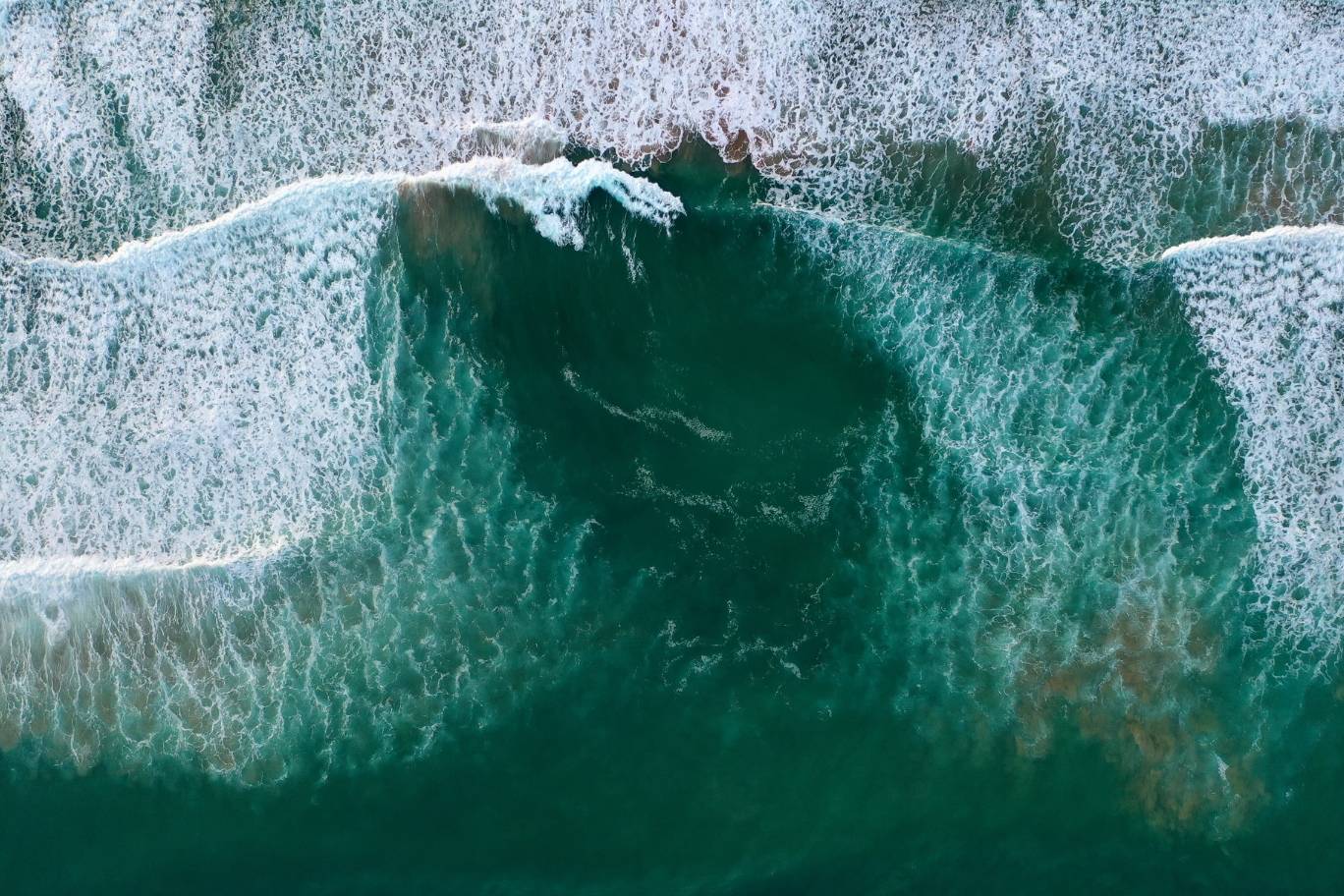

138 Resources found for:
- Lesson
- ...
Blue - Connecting to the Ocean
- Year 7 - 8
- English
- Learning through film
- Environmental
- Biodiversity
- Conservation
- Oceans
- Water
- Lesson
- ...
Blueback - We Need To Protect 30% of Our Oceans by 2030
- Primary
- Year 5
- Humanities and Social Sciences
- Geography
- Environmental
- Oceans
- Sustainability
- Water
- Unit
- ...
Blueback - Sustainability and the ocean
- Primary
- Year 5
- Humanities and Social Sciences
- Geography
- Environmental
- Conservation
- Oceans
- Sustainability
- Water
- Unit
- ...
Blue The Film: Our Oceans and Our Future
- Secondary
- Year 7 - 8
- English
- Environmental
- Conservation
- Oceans
- Sustainability
- Water
- Lesson
- ...
Take 3 - How Are We Connected To The Ocean?
- Secondary
- Year 7 - 10
- Humanities and Social Sciences
- Environmental
- Biodiversity
- Conservation
- Oceans
- Presentation
- Cool+
- ...
The Cost of Plastic Waste
- Secondary
- Year 9 - 10
- Humanities and Social Sciences
- Geography
- Environmental
- Biodiversity
- Oceans
- Water
- Lesson
- ...
Blueback - What are Marine Protected Areas?
- Primary
- Year 5
- Humanities and Social Sciences
- Geography
- Environmental
- Oceans
- Sustainability
- Water
- Presentation
- Cool+
- ...
An Introduction to Marine Pollution
- Secondary
- Year 9
- Humanities and Social Sciences
- Geography
- Environmental
- Biodiversity
- Conservation
- Oceans
- Sustainability
- Water
- Presentation
- Cool+
- ...
Challenges and Solutions for The Great Barrier Reef
- Secondary
- Year 8
- Science
- Biology
- Earth and Space
- Humanities and Social Sciences
- Geography
- Environmental
- Biodiversity
- Climate Change
- Conservation
- Oceans
- Sustainability
- Water
- Presentation
- Cool+
- ...
Marine Food Webs
- Secondary
- Year 7
- Science
- Biology
- Environmental
- Biodiversity
- Oceans
- Water
- Presentation
- Cool+
- ...
How Does Saltwater Work?
- Secondary
- Year 8
- Science
- Chemistry
- Environmental
- Biodiversity
- Oceans
- Water
- Presentation
- Cool+
- ...
How do Ocean Currents Work?
- Secondary
- Year 10
- Science
- Earth and Space
- Environmental
- Biodiversity
- Oceans
- Water
Share this lesson
Copy Link
Copied
Share
Welcome back!
Don't have an account yet?
Log in with:
By signing up to Cool.org you consent and agree to Cool's privacy policy to
store, manage and process your personal information. To read more, please see
our privacy policy here(Opens in new tab).
Create your free Cool.org account.
Many of our resources are free, with an option to upgrade to Cool+ for premium content.
Already have an account?
Sign up with:
By signing up to Cool.org you consent and agree to Cool's privacy policy to
store, manage and process your personal information. To read more, please see
our privacy policy here(Opens in new tab).